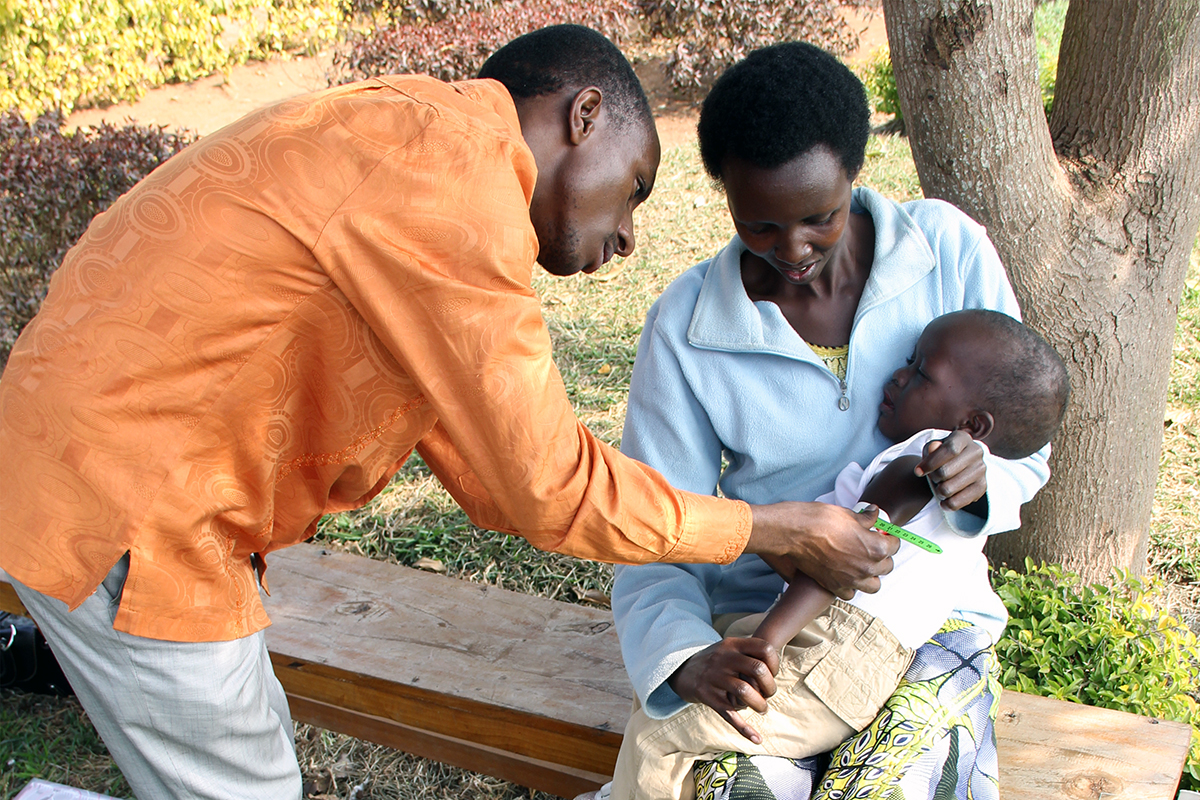Activity
Activity
Working alongside the formal public health and social service systems, community-based health and social service workers are critical to the effectiveness and sustainability of the global response to HIV and achieving 90-90-90 targets. These workers contribute heavily to differentiated models of care for ART delivery, a key strategy for keeping people with HIV on treatment. They fulfill a range of functions from facilitating social support groups and linking patients to clinical services to dispensing medications. They also provide crucial support to orphans and children vulnerable to HIV infection (OVC).
The U.S. President’s Emergency Plan for AIDS Relief (PEPFAR) and the Global Fund for AIDS, Tuberculosis, and Malaria (GFATM) support a variety of community-based workers in low- and middle-income countries. To optimize this workforce to meet HIV goals, HRH2030 is working with PEPFAR and GFATM to assess the composition, workload, and functions of community-based health and social service workers in several countries.
While assessment components will vary based upon country needs, they may include:
- Analysis of the roles diverse community-based health and social service workers play in providing HIV-related services
- Examination of the workloads of community-based health and social service workers to better understand the work supported by PEPFAR and GFATM and how to create efficiencies
- Spatial analyses, systems mapping, and/or social network analyses of these workers to identify opportunities to strengthen their engagement with clients and local health facilities
- Identification of factors that could support or hinder the sustainability of expanded roles in HIV service delivery for the types of community-based workers assessed
RELATED NEWS AND RESOURCES

Funding Partner:
PEPFAR
.
Activity Leader:
René Berger, Chemonics
.
Implementing Partners:
ThinkWell
URC
.
Duration:
2017 – 2018
.
Country Impacted:
Kenya
South Africa
.
Status:
Complete








